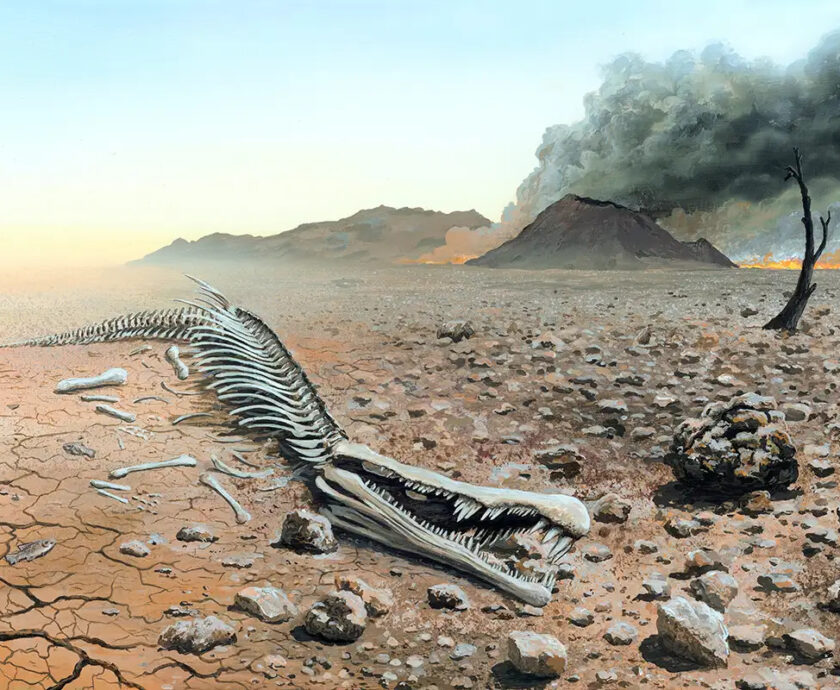What does the lack of the pledged $100 billion mean for Nigeria, and Africa at large?
The UN Climate Change Conference, popularly known as COP26, has come and gone. There were some definite wins and loud losses from this conference. It can almost be termed glass half full or half empty, depends on your outlook and which of the two, wins or losses, affect you the most.
One of the losses that will definitely be felt by countries such as Nigeria and other developing ones, is the lack of the $100 billion that was pledged by developed nations last year, 2020. These funds were meant to assist developing nations with climate change impacts. According to President Buhari’s speech, Nigeria is currently investing in hydro dams, renewables and solar projects. No doubt that almost all developing countries are investing in similar projects so as to transition from fossil fuel use to clean energy. Stating the obvious, this transition is neither easy nor cheap! It is rather sad that developing countries will have to acquire funds on their own to mitigate climate change impacts, which were contributed to, largely by the developed countries that are failing to make a clear stand on the pledged funds now. Vital to note is the fact that not only was this money going to be used for the impacts, but also to spread knowledge and prepare the younger generations to step up and play their role as well in decreasing emissions in the spaces that they occupy. Case and point, the GreenHubAfrica climate outreach which is a school initiative that aims at grooming the youth towards adopting an eco-friendly lifestyle.
Let’s face it, most of these projections about bettering the environment and decreasing emissions are looking at 20+ years. For Nigeria specifically, President Buhari clearly stated that the country will achieve net-zero emission by 2060. Most of these world leaders would have stepped out of power by the timelines they project. Who will fill those shoes? The current youth. Therefore, it is imperative that the younger generations are groomed in such a way that they are environmentally conscious. After all, they are the ones that will have to live with our mistakes.
The terrible fact about this loss is that developing countries have a higher vulnerability to climate change impacts than developed countries. All countries of the African continent are developing countries. We are the ones that are experiencing poverty, more so because Africa is basically an agriculture-dependent continent. Global warming, desertification, erratic rainfall patterns affect Nigeria just like the rest of the developing nations. The heartbreaking fact about it all is that the problem of climate change we are in globally, is basically because of developed countries as they are the biggest emitters.
So now what are to do? We are the most vulnerable. We suffer the greatest impacts from climate change. Yet we emit the least amount of greenhouse gases combined, as a continent. This $100 billion was going to assist in a lot of areas, but alas! It is a pity that the atmosphere has no boundaries. Whatever is being done in China affects the whole world. That, is the utmost tragedy of a common entity.










